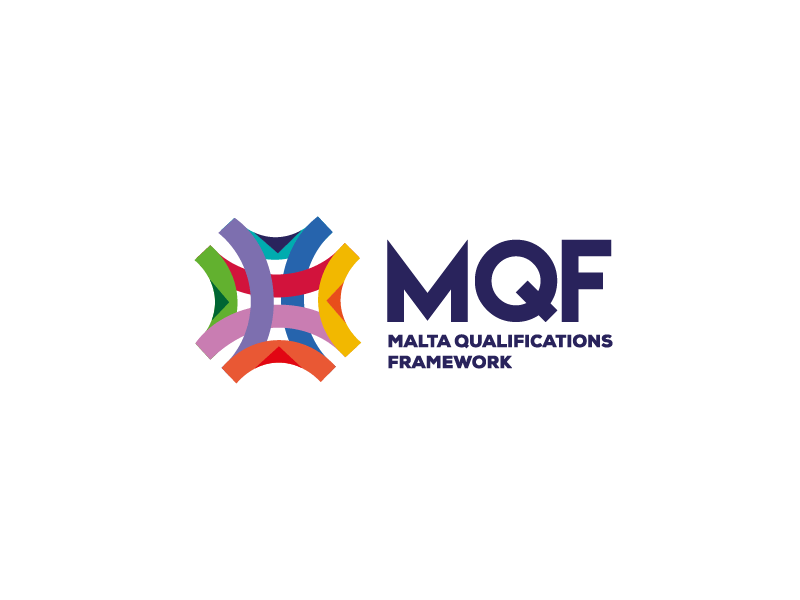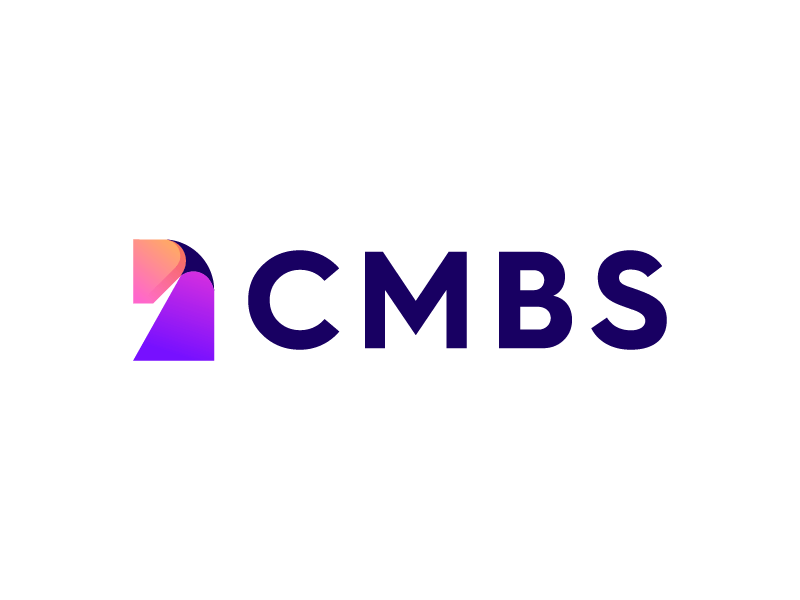Table of Contents
Our Master of Business Administration (MBA) has been specifically designed for learners who wish to pursue a Master of Business Administration (MBA) degree in fields such as human resource management, education, sports, health, culture, transport, finance, and construction. This unique work-based learning programme brings the campus to industry to equip learners with the necessary knowledge, skills and competencies required to be able to lead and manage effectively within a business setting in a wide variety of industries.
Unlike traditional MBAs, this expertly designed MBA programme enables learners to meet the needs of the workplace by integrating academia with industry. By balancing classroom-based learning and work-based learning, learners are better able to develop their managerial skills and gain the competitive edge they need to thrive and excel in the ever-changing and increasingly demanding and disruptive world of work. With this MBA, learners shall be able to pursue a career change, a promotion, or even start their own business.
Upon completion of the programme, students will also earn two globally recognised qualifications from Central Mediterranean Business School (CMBS) and Coventry University.
Awarding Bodies
This qualification is awarded by Central Mediterranean Business School (CMBS) and validated by Coventry University.
Accrediting Body

This Master of Business Administration (MBA) programme is accredited by the Malta Further and Higher Education Authority. MFHEA deems this MBA to be at Level 7 in the Malta Qualifications Framework and the European Qualifications Framework for lifelong learning.
Entry Requirements
Applicants should hold an undergraduate degree and have 2 years of relevant work experience. Excellent command of written English is required.
To determine your eligibility, at CMBS, we assess many factors including your education, career progression, and leadership and entrepreneurship qualities. If you do not meet the standard entry requirements and are adequately prepared to succeed in this programme, we welcome and encourage you to contact us for an interview.
Mode of Assessment
A mixed-method assessment approach will be utilised for this programme. This will include time-constrained assessments, critical essays, project work and thesis.
Who is this course for?
The Master of Business Administration (MBA) is intended for those who are aged 21+ and aspire to work or are already working in business management.
Delivery
Face-to-face/Work-basedLanguage
This programme will be delivered in English.
Location
Central Mediterranean Business School
The Brewhouse
Mdina Road, Zone 2,
Central Business District
Birkirkara CBD 2010, Malta
Key Info
Duration
18 MonthsStarting
May/Oct 2025Credits
90 ECTS/ECVETEarly Submission (EU Students)
€12,273Full Price (EU Students)
€13,500International Price (Non-EU Students)
€15,500Modules
This module shall introduce the students to the techniques and processes of strategic planning and management. In this module, learners will gain the necessary knowledge, skills, and competencies required to be able to effectively plan, manage, execute and monitor strategic plans within the place of work.
This module aims to help learners gain an understanding of the key areas of operations management. In this module, learners will gain a solid understanding of how businesses operate, what the key levers to sustainable and successful performance are, and how they can be applied, controlled and monitored.
This module shall provide students with the necessary skills, knowledge and autonomy to be able to conduct business research in a way that is clear, understandable and ethically correct. In this module, learners will learn how to effectively conduct research within a business context at their place of work.
(30 hours)
This module is designed to enable practicing managers to understand the complexities of the contemporary marketplace and make effective strategic and tactical decisions to provide value for both their customers and organisations. In this module, learners will have the opportunity to apply problem-solving techniques within the context of their organisation in relation to marketing.
This module shall introduce the students to the concepts, techniques, processes and methodologies included in financial management. Upon completion of this module, students shall have obtained the skills, knowledge and competencies required to perform strategically when it comes to financial management.
The aim of the module is to provide students with an advanced understanding of organisational analysis and behaviour. Upon completion of this module, students shall be better able to understand and solve some of the problems/crises that tend to arise in organisational contexts.
This module shall equip students with the required knowledge, skills and competencies required to be able to practice creative and critical thinking. The module shall present the similarities and differences between these two types of thinking, and underline the importance of such skills within a business environment.
This module is designed to introduce learners to advanced concepts of entrepreneurship, including the profile of the entrepreneur, the range of different perspectives on entrepreneurship, and the activities of entrepreneurs.
This module shall equip the learners with the basic tools and techniques that assist managers in decision-making when it comes to economics. It will introduce learners to the world of micro and macroeconomics and explore the type of decisions that can be taken based upon the economic market. At the end of the module, learners will have the autonomy to implement economic analysis within organisations to help assist businesses in strategic decision making.
This module shall allow learners to gather an in-depth understanding of strategic marketing and the role it plays within an organisational context. This module shall also equip learners with the necessary knowledge, skills and competencies needed to be able to implement various analysis techniques.
This module shall allow learners to understand the fundamentals of coaching and mentoring and the role these play within successful organisations. In this module, learners will learn the various models and tools that can be implemented to harness one’s personal coaching skills and effectively coach individuals and teams.
The dissertation module covers the research project that students shall be undertaking at the end of the programme. This module shall allow students to implement the knowledge, skills and competencies that they acquired throughout all of the modules.
Have questions?
Email us at admissions@cmbs.edu.mt or call on +356 9912 1110 to learn more.














